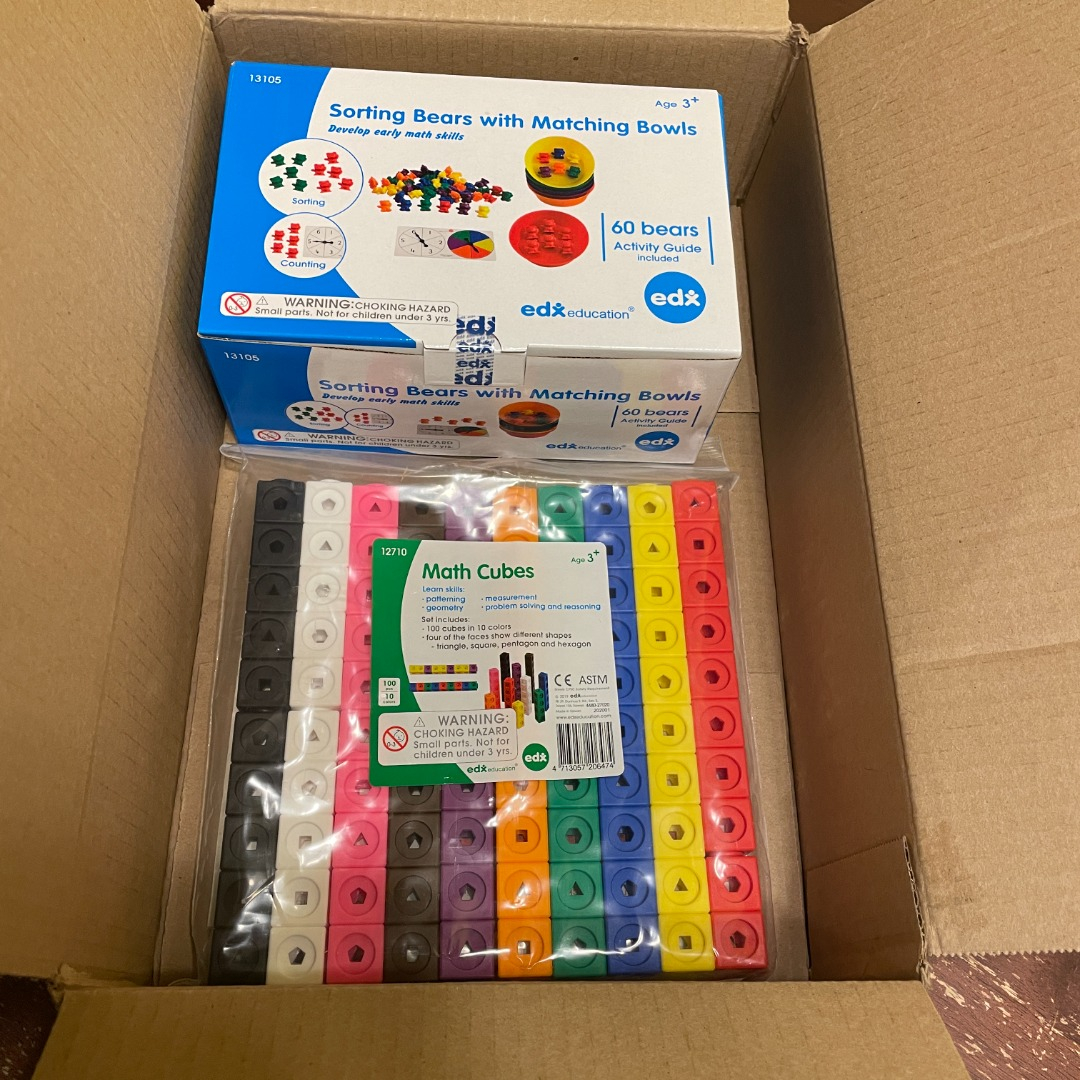7 Strategies for a Thriving Career in HR
Human Resources (HR) involves the management of individuals within an organization to improve performance and cultivate a positive culture. HR professionals undertake a wide array of responsibilities, such as recruiting new employees, delivering training, ensuring labor law compliance, and promoting a favorable work environment.
They handle diverse roles — from strategic planning to mediating employee relations. Their contribution is integral not only for sustaining a healthy workplace but also for guiding the organization toward its set objectives.
In this article, we will discuss strategies that will help you excel in your HR career.
Investing in Advanced Education
Like most careers, obtaining an advanced degree is crucial for success in this field. Here are several reasons why:
- Skill Enhancement: Additional courses or degrees enable individuals to acquire advanced skills, making them more competitive in their respective fields.
- Career Progression: Higher qualifications often lead to better job opportunities and positions of greater responsibility.
- Increased Earnings: Numerous studies demonstrate that further education can result in higher salaries over the course of one's career.
- Personal Growth: Learning new subjects or deepening knowledge in a particular area fosters personal development and self-confidence.
- Adaptability: In dynamic industries, updated knowledge ensures individuals can adapt to changes more efficiently.
Opting for an MBA in Human Resources can be a significant step for your career. Online MBA HR programs, in particular, offer the flexibility required to effectively manage work and study. This degree enhances your comprehension of HR strategies and analytics, enabling you to confidently tackle various field challenges.
Gaining Diverse Experience
As an HR representative, you will encounter a wide range of responsibilities. Therefore, it's essential to gain experience across various HR areas, including recruitment, compensation, training, employee relations, and organizational development. Here are some tips to help you achieve this:
- Start Small and Learn: Begin with roles like HR Assistant to grasp fundamental tasks such as managing paperwork and assisting employees.
- Explore Different Industries: Expand your experience by working in various sectors, such as healthcare, IT, or manufacturing, to understand distinct HR challenges and solutions.
- Network and Connect: Engage with HR communities, attend workshops, and connect with seasoned professionals to glean insights into diverse HR practices.
- Seek Mentoring: Identify and approach a mentor who can steer your career path, providing valuable advice and insights into various HR functions.
Developing Strong Interpersonal and Communication Skills
A key aspect of your HR career involves communication with various people within your organization, including employees and colleagues. To excel in this area, consider the following essential skills:
- Embrace Clarity: Always use clear and simple language to ensure that all team members can easily understand your communications.
- Practice Active Listening: Give your full attention during conversations, demonstrating genuine interest and validating the thoughts and feelings of others.
- Employ Empathy: Strive to understand and share the feelings of others, fostering a supportive work environment.
- Be Consistent: Maintain consistent and reliable messaging to build trust among colleagues and employees.
Adopting Technological Advancements
In the evolving HR landscape, technology serves as a reliable ally, streamlining complex tasks and enhancing efficiency. Here are some ways to integrate technology into your HR practices:
- Explore Various Tools: Dive into a variety of digital tools available and select those that best align with your organizational needs.
- Invest in Learning: Dedicate time to mastering the chosen platforms, exploring every feature to make the most of them.
- Leverage Data: Utilize analytics for well-informed decision-making, ensuring that each choice is data-driven and logical.
- Automate Repetitive Tasks: Identify recurring tasks and utilize automation tools to save time and reduce errors.
- Stay Updated: Keep an eye on emerging tech trends in HR and be prepared to adapt to new, beneficial platforms.
Cultivating Leadership and Decision-making Abilities
Leadership and decision-making are fundamental to establishing a stable and successful HR career. Effectively guiding a team while making sound choices benefits both the individual and the organization. To achieve this:
- Offer Consistent Feedback: Provide regular, constructive critiques and praise to foster growth and acknowledge positive actions.
- Cultivate a Supportive Environment: Create an atmosphere where team members feel secure, respected, and encouraged to share their thoughts without fear of repercussions.
- Prioritize Transparency: Clearly communicate decisions, expectations, and changes to promote an honest and open workplace.
- Promote Continuous Learning: Support and engage in professional development to not only enhance your own skills but also advocate for your team's advancement.
Mastering the Recruitment and Selection Process
Building a strong team begins with bringing the right individuals on board. A well-executed recruitment and selection process ensures that every hire possesses the necessary skills and seamlessly fits into your company culture. Here are some tips to enhance your recruitment process:
- Define Clear Job Roles: Begin with a comprehensive job description that clearly outlines tasks, responsibilities, and any required skills or qualifications in an easily understandable manner.
- Use Multiple Channels for Job Posting: Advertise the vacancy on various platforms, such as job boards, social media, and your company website, to reach a broader audience and attract a diverse pool of applicants.
- Create a Standardized Selection Process: Ensure fairness and consistency by adhering to a predefined procedure for evaluating candidates, which may involve resume screening, assessment tests, and structured interviews.
- Incorporate Skills and Cultural Fit Assessment: Include assessments or tasks that evaluate not only technical skills but also whether candidates align with the company's ethos and team dynamics.
Championing Employee Development and Retention
Every employee aspires to grow within an organization, and employers (with the help of a great human resources department) have the power to make that aspiration a reality. Focusing on nurturing employee development, providing them with opportunities to speak up following training, projects, events, etc., with the aid of things like a training feedback form, and fostering a sense of belonging to the team is essential. Here's how:
- Establish Clear Career Paths: Ensure that all employees have a clear understanding of how they can advance within the organization.
- Offer Continuous Training: Provide ongoing opportunities for employees to enhance their skills and knowledge.
- Recognize and Reward: Acknowledge hard work and reward achievements to boost morale and offer feedback.
- Create a Supportive Environment: Foster a workplace that encourages collaboration, respect, and genuine care among team members.
Conclusion
A successful career in Human Resources is not merely about managing paperwork or resolving conflicts; it's about nurturing the heart and soul of an organization. As we've explored various strategies for thriving in HR, from effective communication to strategic thinking and continuous learning, it's clear that this profession demands a unique blend of skills, empathy, and adaptability.
By implementing these strategies and staying committed to personal growth, you can not only excel in your HR career but also play a pivotal role in shaping the success and culture of your organization.





